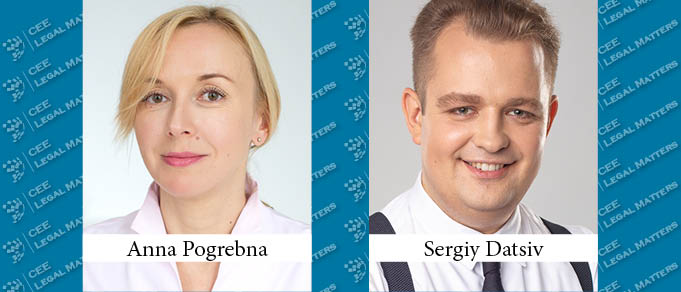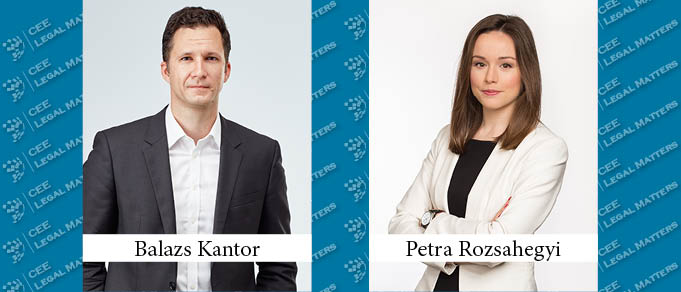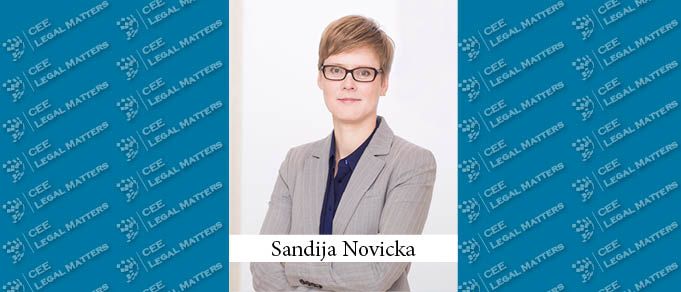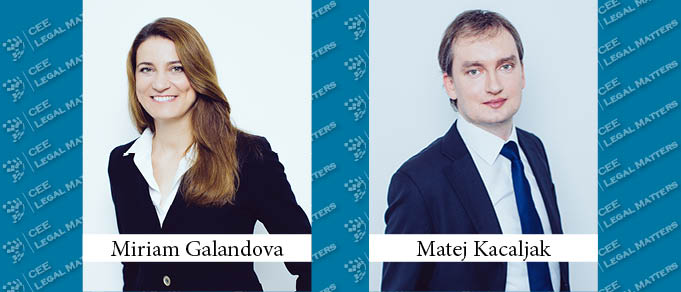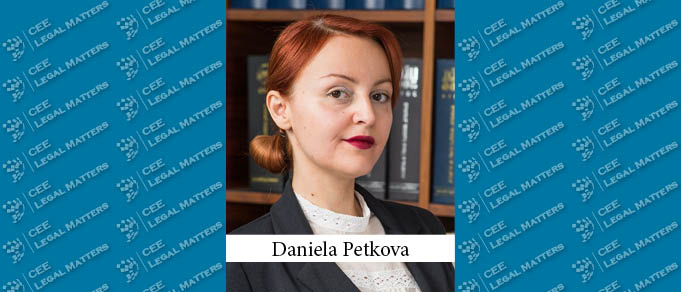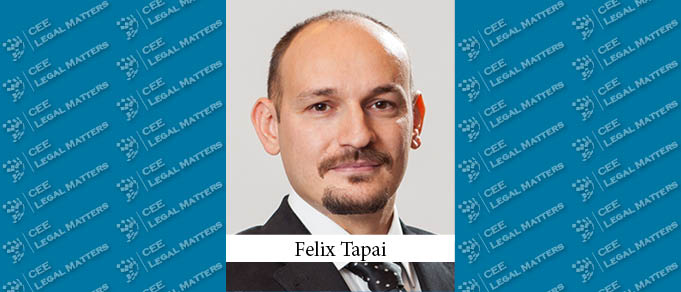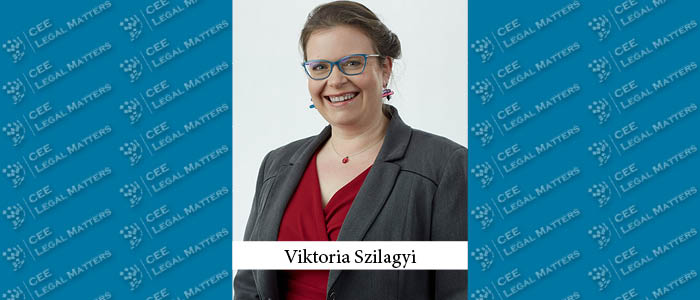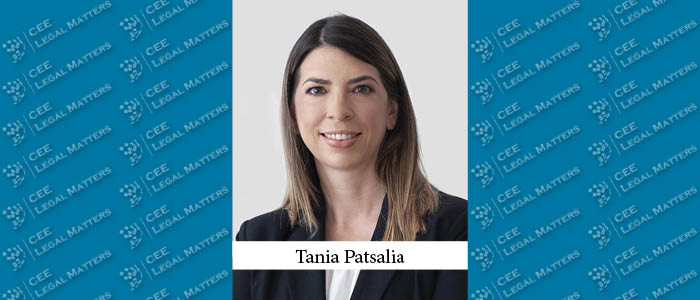On January 16, 2020, the Ukrainian Parliament passed a law launching anti-BEPS tax reform in Ukraine, among other legislative changes (the “2020 Tax Law”). The business community expressed opposition to most of its provisions.
Hungarian Government Restricts Small Entrepreneurs Tax
In 2012 a simplified lump sum tax, known as KATA, was introduced for small businesses. The rules of KATA allowed small businesses, including private entrepreneurs, to opt to pay a lump sum monthly tax of HUF 50,000 (EUR 145) per person employed by the business. Businesses paying the lump sum tax are relieved of any other income or payroll taxes. The regime is applicable to income of up to HUF 12 million (approximately EUR 34,000) revenue per year. Above this limit, a tax rate of 40% is applied to the excess.
Employee Stock Options in Latvia – Spring is in the Air
Tax Exemption for Employee Stock Options
Highlights of Serbia’s Tax System
Taxes are undoubtedly among the most important components of every state budget. Tax systems vary, of course, as different states have different political and commercial environments. Nowadays, the globalization of economic relations tends to bring these diverse and different systems closer together.
Capital Funds from Shareholder Contributions as Specific Type of Equity Funds In Slovakia
Although in use long before, on January 1, 2018, a new type of equity funds – “capital funds from contributions” – were expressly recognized and regulated by the Slovak Commercial Code. These funds are considered a supplement to contributions to a company’s registered capital and may be created by all capital company forms in Slovakia, including joint stock and limited liability companies.
Application of Transfer Pricing Regulations in Bulgaria
The amendments to the Bulgarian Tax and Social Security Procedure Code in August 2019 relating to mandatory transfer pricing (TP) documentation came into effect on January 1, 2020. Thus 2020 is the first year for which TP documentation, including a local file and a master file, should be prepared.
Romania: Fiscal Risks Related to the Granting of Employee Benefits
Employers do not always consider the fiscal impact of granting various types of benefits to employees, which subsequently gives rise to disputes with the tax inspection bodies. This is due to the specific legislation in Romania regarding taxation of employee benefits in the form of benefits in kind, which leaves room for interpretation, consequently raising operational enforcement issues.

